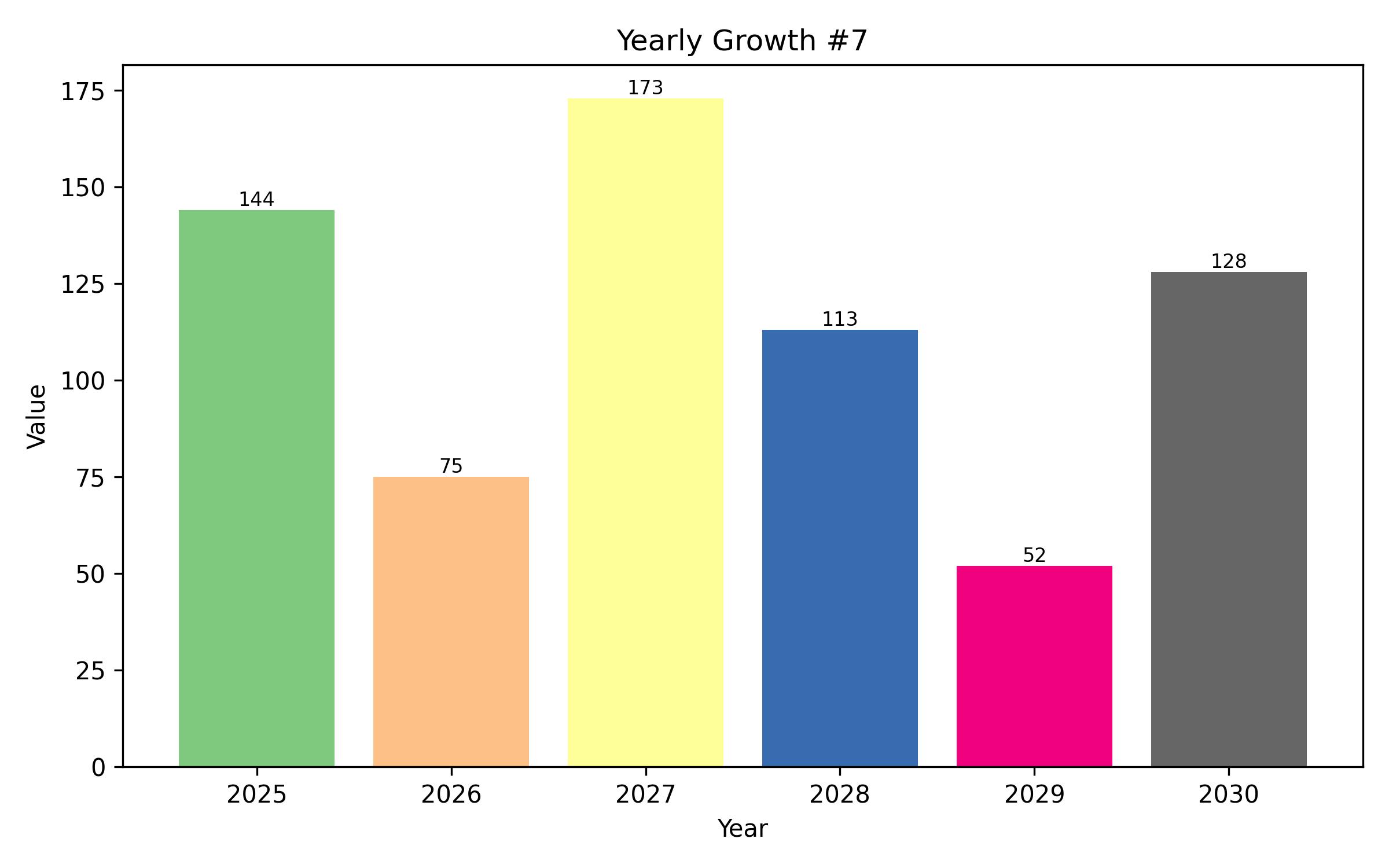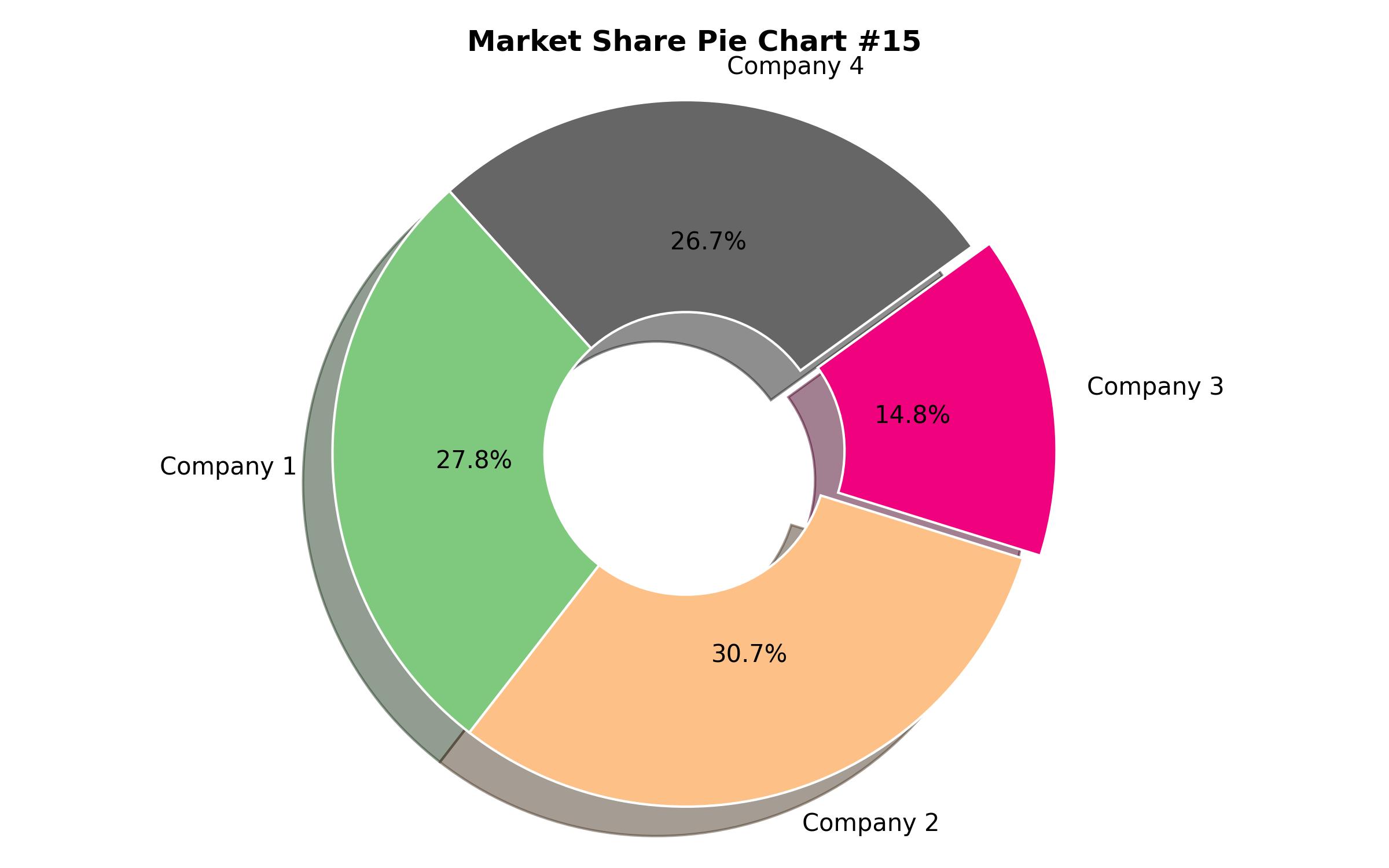Microbial Food Culture Industry: Market Sizing and Forward Projections
Overview:
The market for microbial food cultures is projected to attain a valuation of USD 2.26 billion in 2025. The industry is anticipated to exhibit a compound annual growth rate (CAGR) of 6.1% between 2025 and 2035, leading to an estimated value of USD 4.09 billion by the end of the forecast period. In the preceding historical phase, from 2020 to 2025, the market recorded a CAGR of 5.6%.
Bio-preservation is gaining momentum, prompting numerous manufacturers to incorporate microbial cultures into their processes. This approach offers a desirable alternative to traditional physical and chemical preservation techniques. Food fermentation processes provide valuable frameworks for understanding the fundamental principles of bio-preservation, and established fermentations can serve as a source for obtaining novel bio-preservative strains.
Probiotic cultures have experienced a surge in popularity and are finding increasing applications within the food sector. This rise is linked to the sustained demand for convenient consumer products and heightened consumer awareness regarding the health benefits associated with probiotics.
The market has recently witnessed an increase in the demand for functional foods and beverages containing probiotics. These products are sought after because they include biologically active compounds that provide health advantages beyond basic nutrition. Non-dairy probiotic options are becoming more prevalent, favored for their reduced lactose and cholesterol content and lower need for refrigeration.
Significant transformations in food processing have occurred due to the advancements in microbiology. Progress in food technology has enabled manufacturers to develop a broader array of innovative food items. These foods often utilize microbes to enhance shelf stability, allowing for extended storage periods, and can also contribute to the nutritional profile of the diet.
Key industry trends indicate that evolving consumer lifestyles are a major catalyst for market expansion. The rise of urban populations has fueled demand for packaged and processed food products, particularly convenient ready-to-eat options. This shift is encouraging food manufacturers to integrate microbial food cultures into their product formulations to address growing consumer preferences.
Health consciousness among consumers is another significant driver. Probiotics, recognized as live microorganisms offering health advantages such as immune support, disease risk reduction, and improved gut health, are integrated into various food products. The increased consumer awareness of these benefits directly contributes to the rising adoption of microbial cultures in the production of probiotic-rich foods and beverages.
There is also a strong consumer preference for natural ingredients, leading to increased production of foods with natural flavorings and preservatives derived from microbial cultures. This trend toward clean-label options further boosts the use of microbial cultures across various segments of the food industry globally.

| Report Attribute | Details |
|---|---|
| Market Size in 2025 | USD 2.26 Billion |
| Revenue Forecast for 2035 | USD 4.09 Billion |
| Growth Rate (CAGR) | 6.1% from 2025 to 2035 |
| Base Year for Estimation | 2024 |
| Historical Data | 2020 – 2024 |
| Forecast Period | 2025 – 2035 |
| Quantitative Units | Revenue in USD million/billion and CAGR from 2025 to 2035 |
| Report Coverage | Revenue forecast, company market share, competitive landscape, growth factors, and trends |
| Covered Segments | Product Type, Microorganism Type, Form, End-use Industry, and Region |
| Regional Scope | North America, Latin America, Europe, East Asia, South Asia & Pacific, Middle East & Africa |
| Country Scope | U.S., Canada, Mexico, Germany, UK, France, Italy, Spain, China, Japan, India, South Korea, Australia, Brazil, Argentina, UAE, Saudi Arabia, South Africa |
| Key Companies Analyzed | Kerry Group, DuPont, Corbion NV, Chr. Hansen A/S, Cargill Incorporated, CSK Food Enrichment, Koninklijke DSM N.V., The TATUA Co-operative Dairy Company Ltd, Lactina Ltd., AECI Limited |
| Customization Options | Free report customization (up to 8 analysts working days) with purchase. Changes to country, regional, and segment scope |
| Pricing and Purchase Options | Customizable purchase options for tailored research needs |

Report Coverage & Deliverables
- Market Trends And Dynamics
- Competitve Benchmarking
- Historical data and forecasts
- Value/Volume analysis
- Company revenue shares and key strategies
- Regional opportunities
This is an indicative segmentation. Please request a sample report to see detail segmentation of this market.
Detailed Market Segmentation
- By Product Type
- Protective Culture
- Probiotic Culture
- Starter Culture
- Biocontrol Agents
- By Microorganism Type
- Bacteria
- Yeast
- Mold
- By Form
- Liquid
- Frozen
- Dried
- By End-use Industry
- Dairy Products
- Meat Products
- Bakery Products
- Alcoholic Beverages
- Non-alcoholic Beverages
- Fish & Seafood
- By Region
- North America
- Latin America
- Europe
- East Asia
- South Asia & Pacific
- Middle East & Africa
Table of Content
- Executive Summary
- Market Landscape
- Key Industry Accelerators
- Key Industry Inhibitors
- Market Value Analysis 2020 to 2024 and Forecast, 2025 to 2035
- Market Volume Analysis 2020 to 2024 and Forecast, 2025 to 2035
- Market Analysis by Product Type
- Market Analysis by Product Type (2025-2035)
- Protective Culture
- Probiotic Culture
- Starter Culture
- Biocontrol Agents
- Market Analysis by Microorganism Type
- Market Analysis by Microorganism Type (2025-2035)
- Bacteria
- Yeast
- Mold
- Market Analysis by Form
- Market Analysis by Form (2025-2035)
- Liquid
- Frozen
- Dried
- Market Analysis by End-use Industry
- Market Analysis by End-use Industry (2025-2035)
- Dairy Products
- Meat Products
- Bakery Products
- Alcoholic Beverages
- Non-alcoholic Beverages
- Fish & Seafood
- Regional Market Analysis
- Regional Forecast (2025-2035)
- North America
- Latin America
- Europe
- East Asia
- South Asia & Pacific
- Middle East & Africa
- Competitive Environment
- Company Profiles
- Methodology & Assumptions
